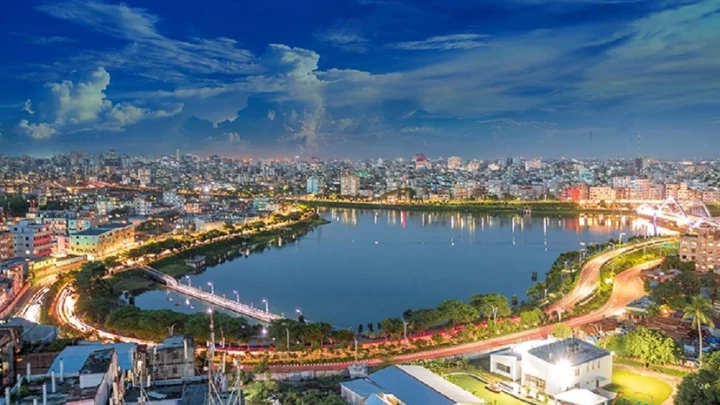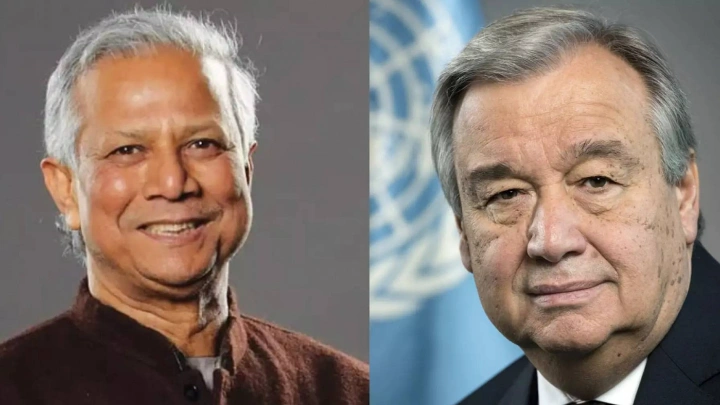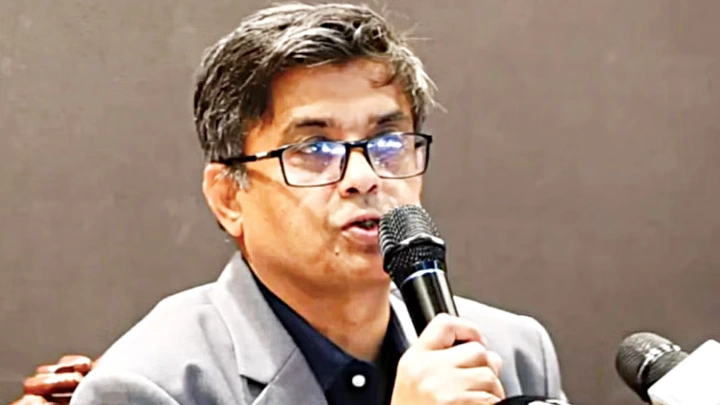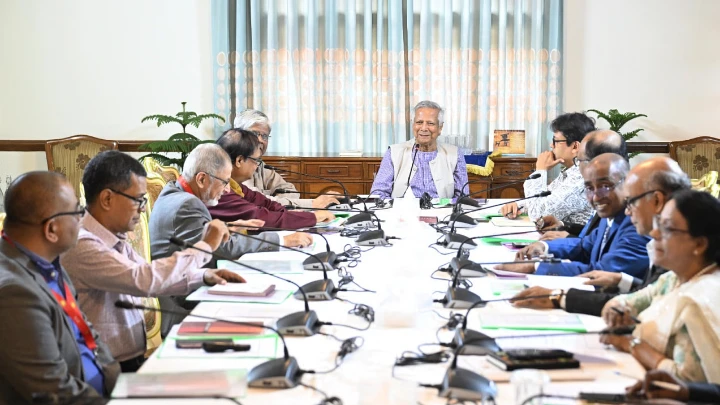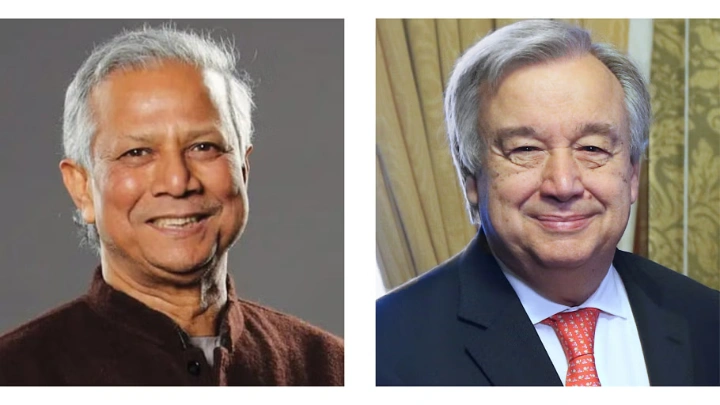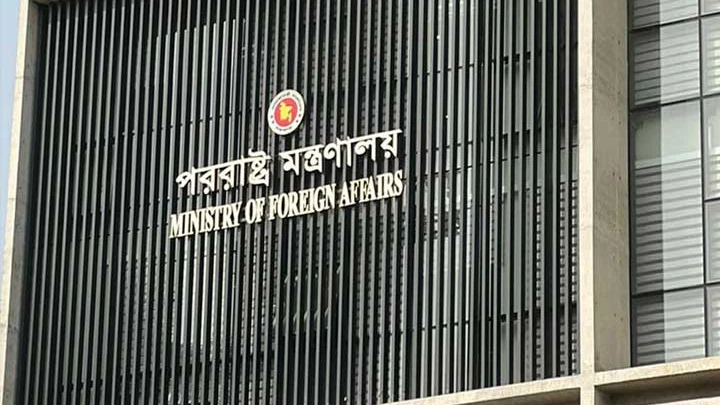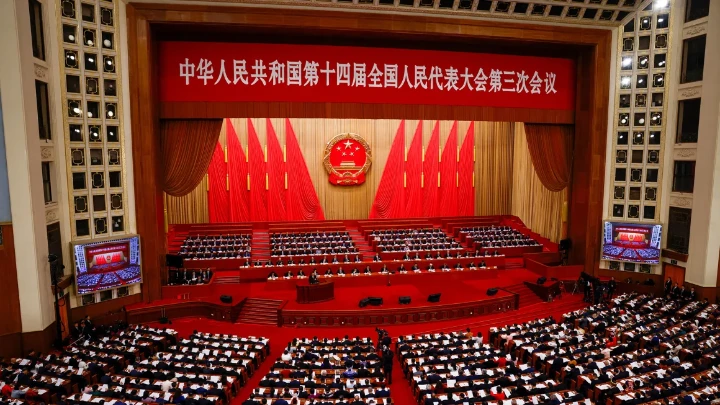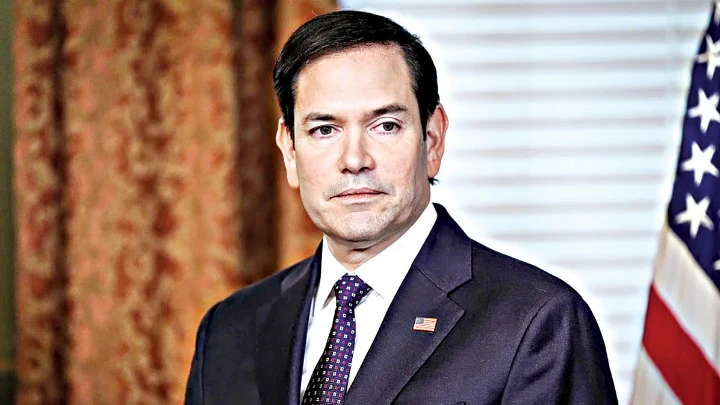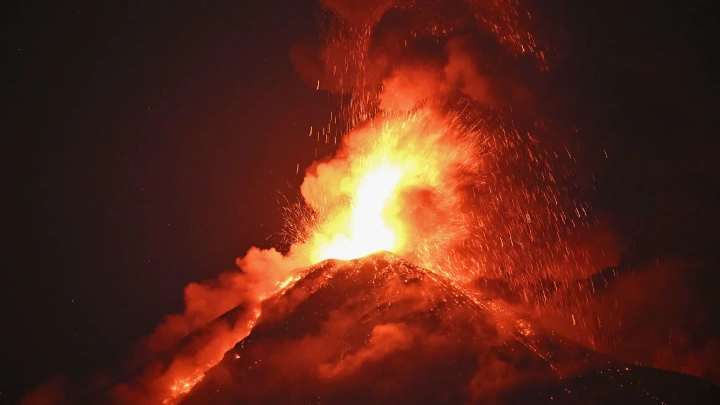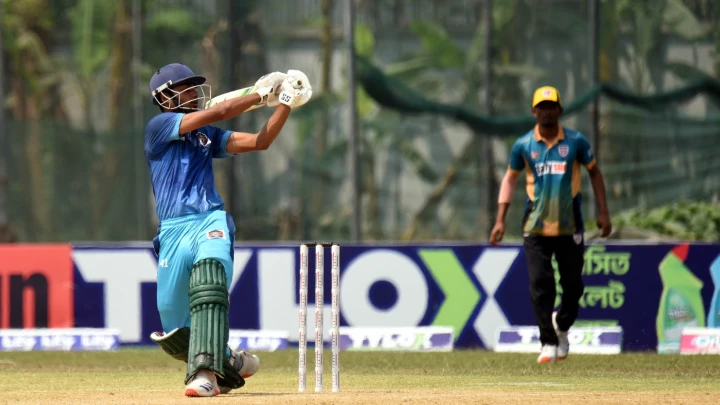Bangladesh’s growing importance: West softens stance post-election
DailySun || Shining BD
Western countries are stepping up diplomatic engagement with the government following a period of divergent perspectives on Bangladesh’s 12th national election, which the ruling Awami League views as indicative of Bangladesh’s growing significance for regional peace and security, as well as shared interests.
The ruling party also perceives that Bangladesh’s economic importance has increased markedly over the past two decades because of the charismatic leadership of AL President and Prime Minister Sheikh Hasina.
Speaking to the Daily Sun, leaders of the ruling party noted that Bangladesh now garners attention from all countries, including those in the Western world.
During the 12th general election, Western nations and blocs, particularly the United States of America (USA), the United Kingdom (UK), and the European Union (EU), voiced demands for a participatory, fair, and impartial electoral process.
The USA, in particular, issued strong warnings and imposed visa restrictions on various persons, including politicians, law enforcement personnel, administrative figures, and members of the judiciary.
Conversely, China, India, and Russia advocated for respecting Bangladesh’s sovereignty in conducting its elections as per the constitution, asserting that it is an internal matter for the country.
Following the election, erstwhile critics appear to have softened their stance, expressing a willingness to continue collaboration with the government and strive for improved relations with Bangladesh.
The ruling party interprets this shift as Western countries endeavouring to normalise relations with Bangladesh for mutual benefit and progress.
In response to these developments, AL Organising Secretary Abu Sayeed Al Mahmood Swapon told the Daily Sun, “Every state prioritises its own interests, and Western countries are no exception. Bangladesh’s strategic location is pivotal for peace and security in South East Asia, and under Prime Minister Sheikh Hasina’s leadership, Bangladesh has emerged as a key player in regional stability.”
He added, “It appears that the West is inclined to enhance relations with us in the current global context.”
Recent times have witnessed a surge in Western diplomats’ visits to Bangladesh, with many more scheduled.
Notably, International Organisation for Migration (IOM) Director General Amy Pope recently concluded a four-day visit, during which she met Prime Minister Sheikh Hasina to discuss Bangladesh’s commitment to addressing the Rohingya crisis and broader migration challenges.
Meanwhile, UK Minister for the Indo-Pacific Anne-Marie Trevelyan visited Dhaka recently. On her second visit to Bangladesh in her current role, Trevelyan reaffirmed the UK’s commitment to strengthening cooperation between the two countries.
During the visit, she met Prime Minister Sheikh Hasina and the foreign minister. Discussions were focused on the UK-Bangladesh migration cooperation, trade and economic ties, and the UK’s support to the Rohingya refugee response.
Prime Minister Sheikh Hasina called upon the United Kingdom to help repatriate the forcibly displaced Rohingyas to their motherland Myanmar.
Besides, Indian Foreign Secretary Vinay Mohan Kwatra came to Dhaka on a two-day visit recently when he met Prime Minister Sheikh Hasina. His visit it is expected to further strengthen bilateral ties and impart momentum to the cooperation in diverse areas.
The Indian Ministry of External Affairs said that Bangladesh is India’s leading development partner and its largest trade partner in the region.
Furthermore, US Assistant Secretary of State for South and Central Asian Affairs Donald Lu is set to arrive in Bangladesh today as part of his regional tour.
The US State Department stated that Lu’s visit aims to strengthen bilateral cooperation and affirm US support for a free, open, and prosperous Indo-Pacific region.
AL General Secretary and Road Transport and Bridges Minister Obaidul Quader said that Lu’s visit aims to advance relations between the US and Bangladesh, particularly in light of President Biden’s congratulatory letter to Prime Minister Hasina following the 12th general election.
Former Foreign Secretary Md Touhid Hossain reflected on the increased diplomatic activities of Western nations, noting, “One must recognise that positions are subject to change based on each country’s interests. There’s a growing realisation that the interpretation of democracy may vary across contexts.”
Shining BD

